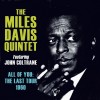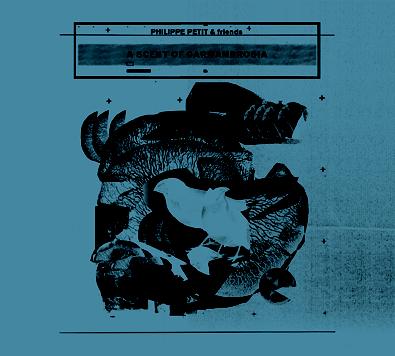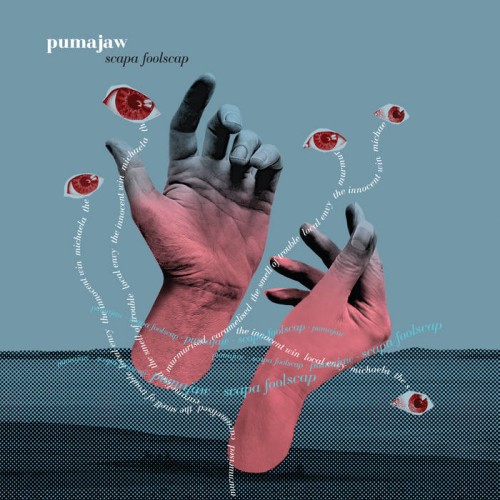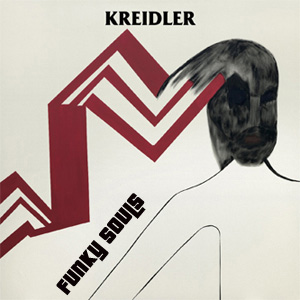 The 1960 tour of Europe of the Miles Davis Quintet is a significant moment in jazz. It stands at a fulcrum for the development of John Coltrane as a musician and as a distinctive voice. The Quintet here is essentially the Sextet featured on Kind of Blue, but with Bill Evans swapped for Wynton Kelly on piano and without Cannonball Adderly.
The 1960 tour of Europe of the Miles Davis Quintet is a significant moment in jazz. It stands at a fulcrum for the development of John Coltrane as a musician and as a distinctive voice. The Quintet here is essentially the Sextet featured on Kind of Blue, but with Bill Evans swapped for Wynton Kelly on piano and without Cannonball Adderly.
Coltrane had played with Miles Davis since the 1955 Sextet, on the albums Cookin’, Relaxin’, Workin’ and Steamin’, before being sacked for substance abuse issues. When he was accepted back into the fold in 1958 he made important contributions to Milestones and the seminal Kind of Blue, but at the moment of these radio recordings of the 1960 tour we also see Davis bringing back Coltrane as he is just on the point of departure, represented by the Giant Steps album which had just been released; the first Coltrane album to be made up entirely of his own compositions.
The tour represented on this four CD set takes in Stockholm, Copenhagen, Frankfurt, Munich, Zurich and Den Haag between late March and early April. The sets are centred on two key numbers from Kind of Blue, “So What” and “All Blues,” as well as numbers that featured on Miles ’58, “On Green Dolphin Street” and “Fran Dance,” as well as the Davis standard “The Theme,” Thelonius Monk’s “‘Round Midnight” and Cole Porter’s “All of You.”What is immediately noticeable about the treatment of “So What” on these recordings is that the Quintet take it at a considerably faster tempo than on Kind of Blue. It is less of a mood piece here than a launch pad. As the rhythm section of Jimmy Cobb and Paul Chambers cook it up under Wynton Kelly’s keys, first Davis and then Coltrane interpret the modes newly each night. The European audience may well not have been aware of the 1959 iteration of Miles Davis and modal jazz and there was some critical hostility to both the Quintet and Coltrane’s new melodic forms.
Davis was defensive of Coltrane’s experiments. Things may not have been all happiness and light between the two men, but as a musician Davis had a deep belief in what Coltrane was doing: “John’s got his own thing. He’s working it out now. He’s so tied up in his music that even his friends don’t understand what he’s trying to do.” And sometimes it is difficult on first listening to get exactly what he is doing. Is Coltrane lost? Has he botched his solo? On subsequent listenings it becomes clear that his intuition as a player was good, but to an audience who hadn’t received the modal gospel, on a single listening there must have been some concern.“All Blues” is more like the waltz-time swing that we know from 1959, and the ‘58 material reveals a sweeter, less coldly technical aspect to the band. The quality of recordings is variable; precise in some places and somewhat muddy elsewhere, on the Frankfurt Kongresshalle tapes in particular where the Quintet cakewalk through “All of You” with a dainty swagger.
In addition we are given an archive radio interview with Carl-Eric Lindgren from Swedish radio, where Coltrane explains that he doesn’t feel that he sounds angry, as some critics at the time suggested, but that he’s working through a whole bag of things to get through to the one essential thing; playing all of the harmonic pathways to try to find one single line. These sheets of sound that we hear developing towards what Coltrane describes as a more lyrical tone. He also tells the interviewer that Miles Davis allowed him a freedom to try anything that he wanted to try. And at this stage we feel Coltrane reaching out for new freedoms beyond the gilded cage as a star sideman.There is some beautiful and thrilling playing on show throughout all of these recordings. On some of them we might find it difficult to get precisely where the two soloists are going, and if we place ourselves in the audience back in 1960, we might wonder sometimes whether Joe Goldberg’s assessment was correct: “a trumpet player who fluffed half of his notes; an out-of-tune tenor player; a cocktail pianist; a drummer who played so loud that no-one else could be heard; and a teenage bassist.” But in terms of edge-of-the-seat risk-taking, and hearing two of the key players of modern jazz thinking on their feet, not as untouchable gods but as musicians working towards breaking through into new ways of playing, this set of recordings is an important historical document.
-Iotar-




2 thoughts on “The Miles Davis Quintet – All of You: The Last Tour 1960”
CORRECTED VERSION:
The Miles Davis Quintet – All of You: The Last Tour 1960
This page is interesting, but I was looking for Miles’ performance in London (at the Hammersmith Odeon) in 1960, because I don’t remember all the personnel. It was certainly not Coltrane on tenor – I’m pretty sure it was Hank Mobley (slightly surprisingly, at the time). The others may be as for the other events you mention from that year. Do you have any info about that London event?
Regards, Ron
I think this was the group. I believe that was the trip to Europe where Coltrane left the group and Stitt took his place. Here is the lineup from September 1960. Stitt would be the one on that fantastic Alto solo on Four on the Live in London album.
Miles Davis (tpt); Sonny Stitt (as, ts); Wynton Kelly (p); Paul Chambers (b); Jimmy Cobb (d)